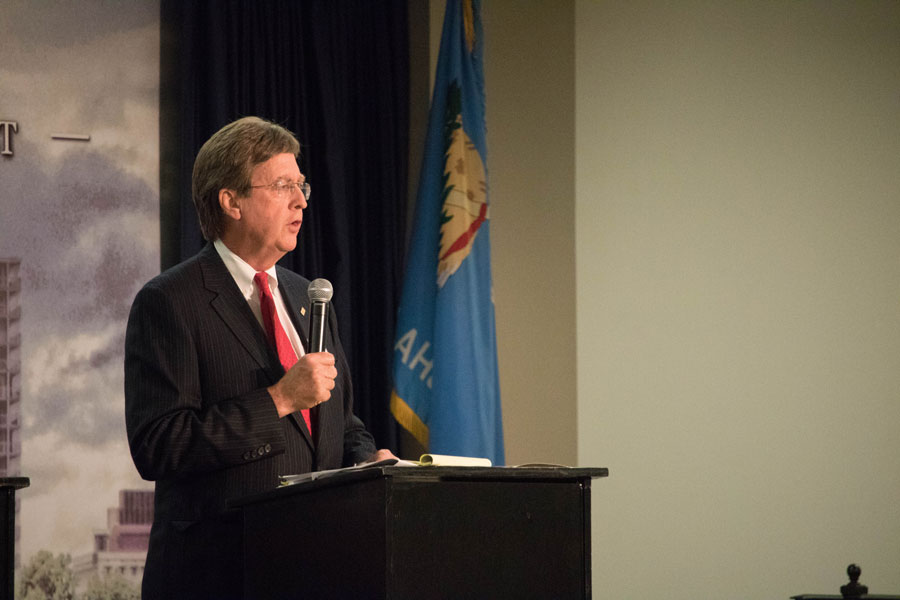
Because Tulsa has experienced recent and continuing success with redevelopment of Brownfields, Mayor Dewey Bartlett strongly supports the Brownfields Utilization, Investment and Local Development (BUILD) Act of 2013, cosponsored by Senator James Inhofe and introduced this week.
“When Brownfield sites are identified and remediated, they become a marketable asset and a drawing card, an enticement for business and industry, bringing jobs, growth and development to our local economy,” said Mayor Bartlett. “The BOK Center and ONEOK Field, both former Brownfield sites, are two of Tulsa’s major success stories. Tulsa continues its work for Brownfields redevelopment, and we’re expecting great results from our efforts.”
The Brownfields Utilization, Investment and Local Development Act of 2013 would improve the existing grant process by increasing the limit for cleanup grants and expanding grant eligibility for certain publicly owned sites and non-profit organizations.
Included in the provisions of the bill is a section authorizing the Environmental Protection Agency (EPA) to award multi-purpose Brownfields grants that include site inventory, characterization, assessment, planning or remediation for one or more Brownfield sites.
One of only 23 cities nationwide to receive an Area-Wide Planning Pilot Program grant from the EPA, Tulsa has just completed a project to identify six key Brownfield sites in a four-square-mile area. Tulsa has applied for multipurpose grants to proceed with assessment and cleanup of the sites.
The EPA defines Brownfields as real property, the expansion, redevelopment, or reuse of which may be complicated by the presence or potential presence of a hazardous substance, pollutant, or contaminant. Even when Brownfields do not pose a threat to human health, the mere perception of contamination can discourage redevelopment. The Brownfields Program provides funding to clean up any contamination and prepare the site for redevelopment.
